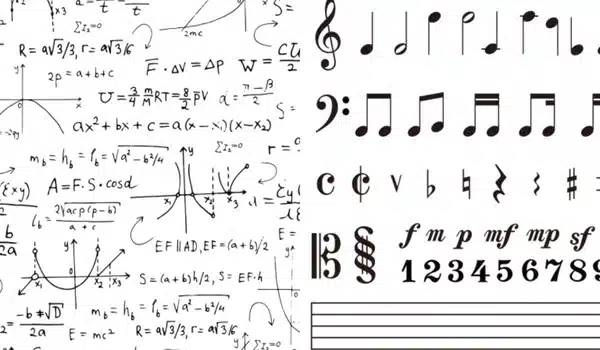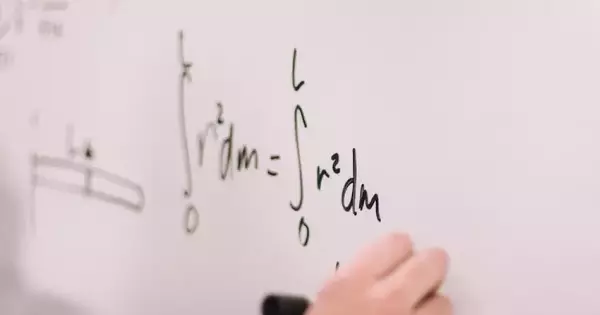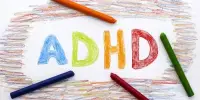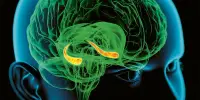The intersection of mathematics and music has long been a source of fascination and research, and it is widely assumed that the two disciplines are inextricably linked. While the relationship between mathematics and music is multifaceted and complex, a review of 50 years of research indicates that combining these two domains can result in higher scores in a variety of areas.
Children perform better in maths when music is incorporated into their lessons, according to an analysis of nearly 50 years of research on the subject. Music is thought to make maths more enjoyable, keep students engaged, and alleviate any fear or anxiety they may have about maths. According to the peer-reviewed article published in Educational Studies, motivation can be increased and students can appreciate maths more.
Techniques for incorporating music into maths lessons range from clapping to pieces with different rhythms while learning numbers and fractions to using maths to design musical instruments. Previous research has shown that children who excel at music also excel at maths. However, it is less clear whether teaching music to children improves their math skills.
Students took maths tests before and after the intervention, and the difference in their scores was compared to that of children who did not participate in the intervention. Music use, whether in separate lessons or as part of math classes, was linked to greater math improvement over time.
Dr. Ayça Akin
To find out more, Turkish researcher Dr. Ayça Akin, from the Department of Software Engineering, Antalya Belek University, searched academic databases for research on the topic published between 1975 and 2022. She then combined the results of 55 studies from around the world, involving almost 78,000 young people from kindergarten pupils to university students, to come up with an answer.
The meta-analysis included three types of musical interventions: standardized music interventions (typical music lessons in which children sing, listen to, and compose music), instrumental musical interventions (lessons in which children learn to play instruments, either individually or as part of a band), and music-maths integrated interventions (in which music is integrated into maths lessons).
Students took maths tests before and after the intervention, and the difference in their scores was compared to that of children who did not participate in the intervention. Music use, whether in separate lessons or as part of math classes, was linked to greater math improvement over time.

The integrated lessons had the greatest impact, with approximately 73% of students who received integrated lessons performing significantly better than children who did not receive any type of musical intervention. 69% of students who learned to play instruments and 58% of students who received regular music lessons improved more than students who received no musical intervention.
The findings also show that music aids in the learning of arithmetic more than other types of maths and has a greater impact on younger students and those learning more basic mathematical concepts.
Dr Akin, who carried out the research while at Turkey’s National Ministry of Education and Antalya Belek University, points out that maths and music have much in common, such as the use of symbols symmetry. Both subjects also require abstract thought and quantitative reasoning.
Because core concepts such as fractions and ratios are also fundamental to music, arithmetic may lend itself particularly well to being taught through music. Musical notes of varying lengths, for example, can be represented as fractions and added together to form several bars of music.
Integrated lessons may be especially effective because they allow students to make connections between math and music while also providing additional opportunities to explore, interpret, and comprehend math. Furthermore, if they are more enjoyable than traditional math lessons, any math anxiety students may have may be alleviated.
The analysis’s limitations include the relatively small number of studies available for inclusion. This made it impossible to investigate the impact of factors such as gender, socioeconomic status, and length of musical instruction on the outcomes.
Dr. Akin, who now works at Antalya Belek University, concludes that while musical instruction has a small to moderate effect on math achievement, integrated lessons have a large impact.
“Encouraging mathematics and music teachers to collaborate on lesson planning could help ease students’ anxiety about mathematics while also boosting achievement,” she adds.














